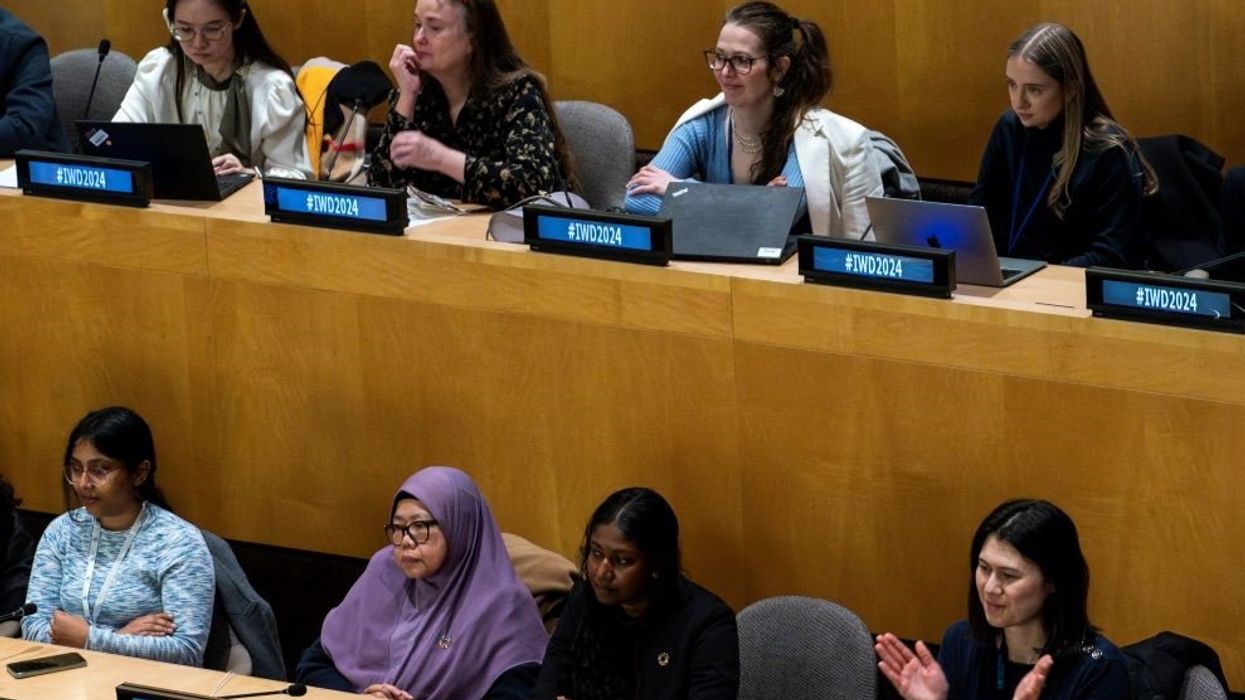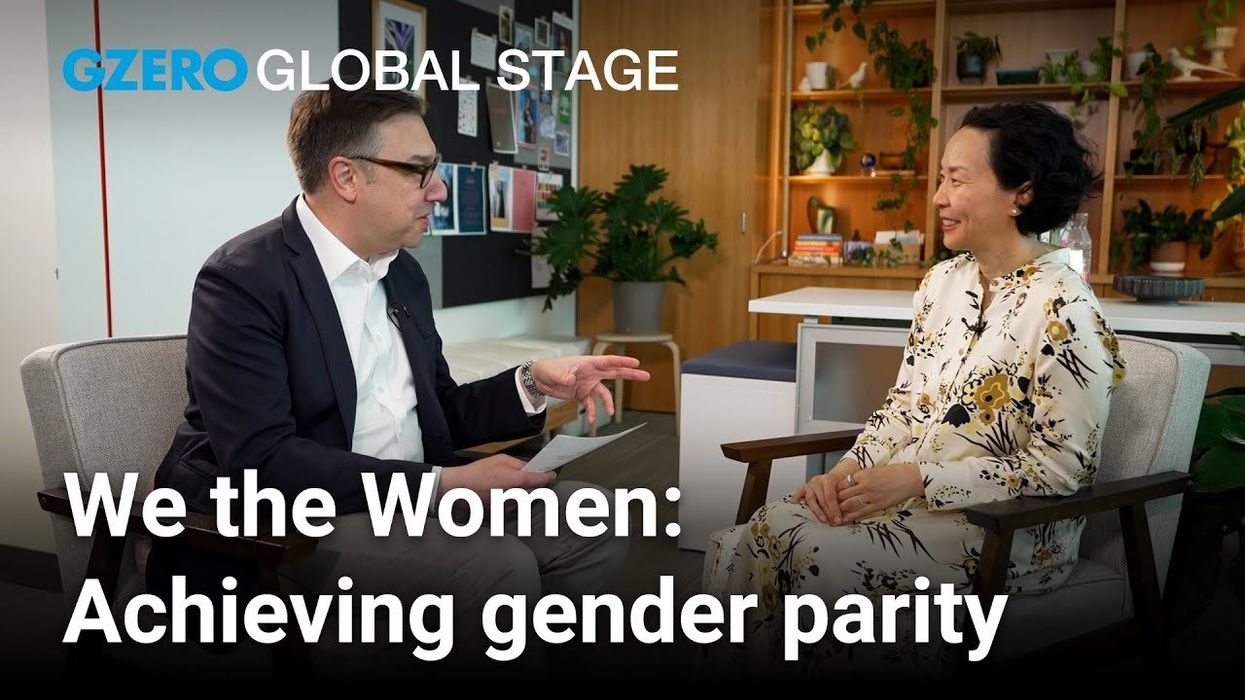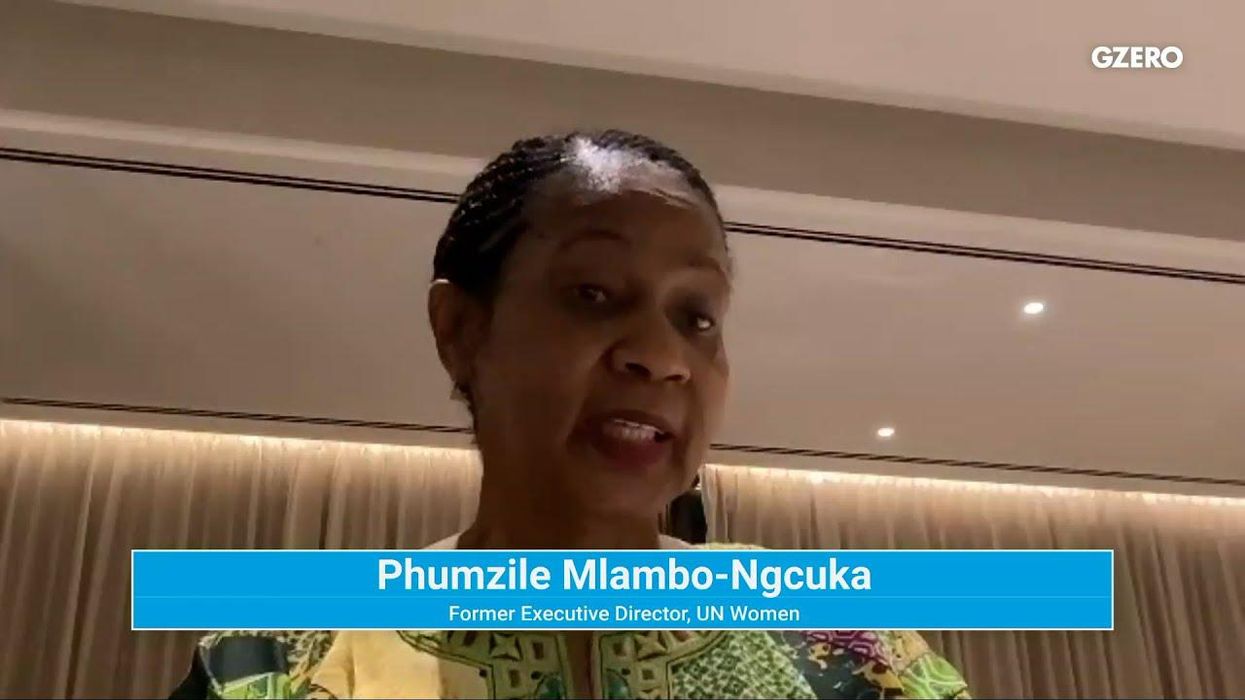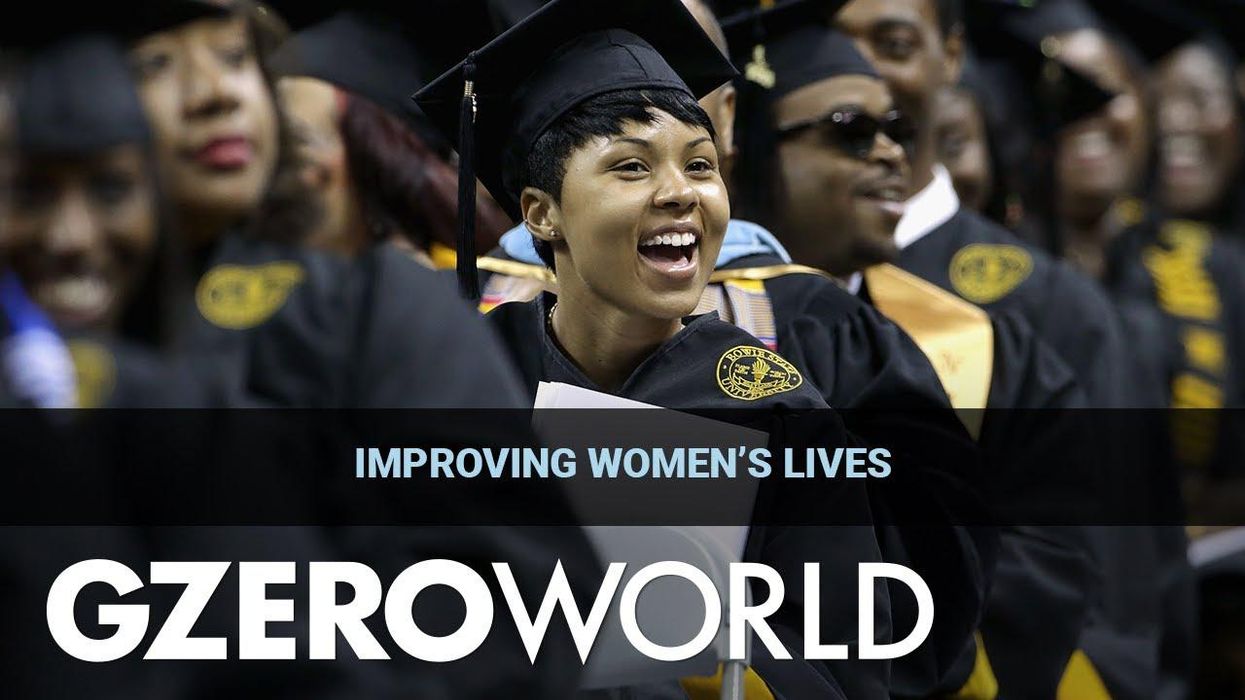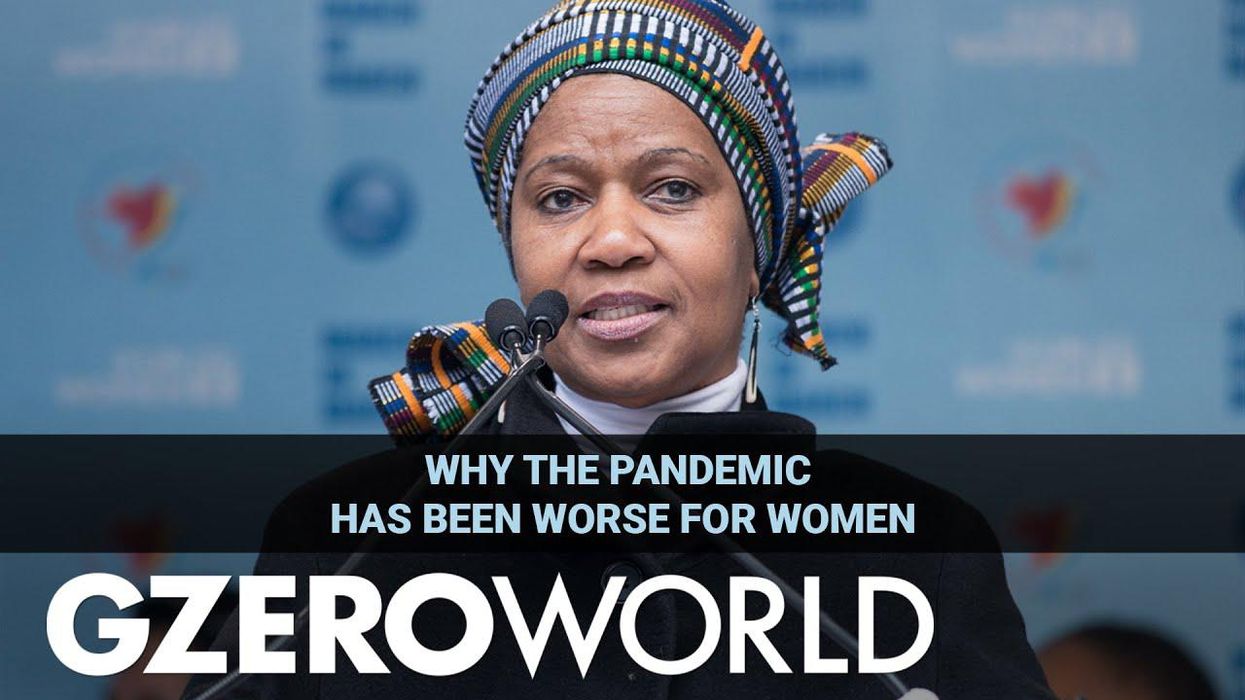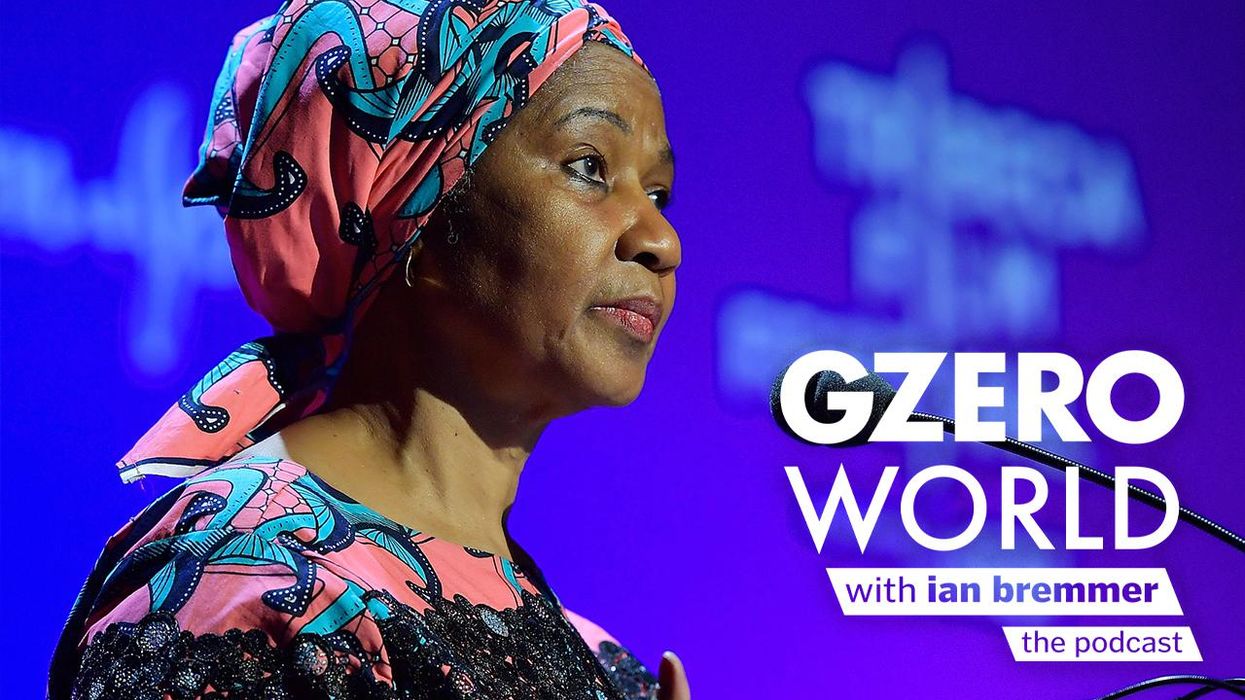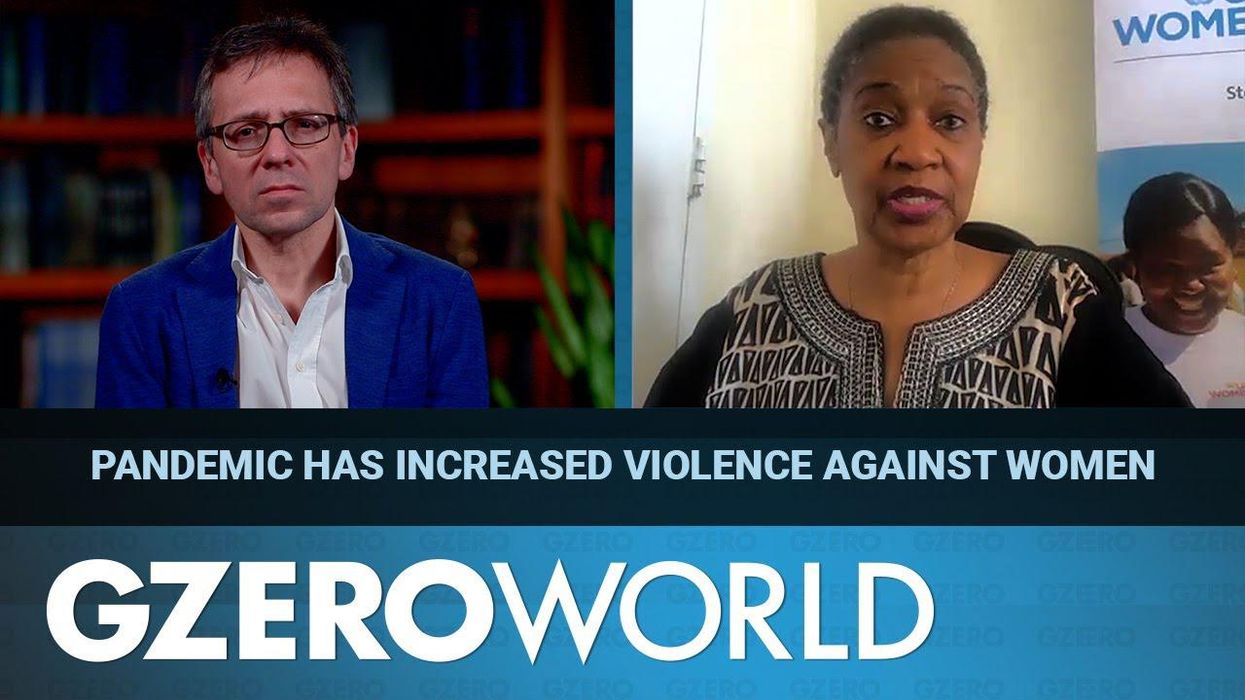Hard Numbers
Hard Numbers … in honor of International Women’s Day, March 8
30: The United Nations has released a new report assessing progress on women’s rights worldwide 30 years after the Beijing Declaration and Platform for Action, a landmark agreement for advancing gender equality, was adopted.
Mar 06, 2025
